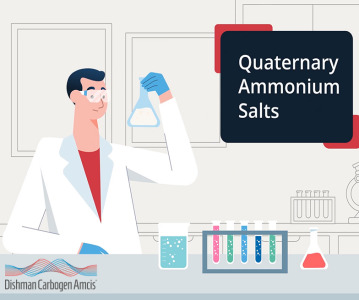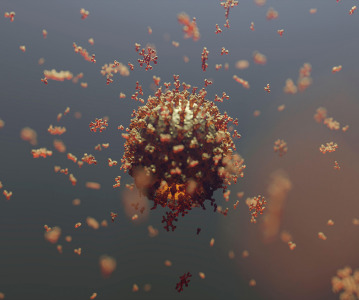Pure MHC and Catalent Sign RL21 Anti-Cancer Development Deal
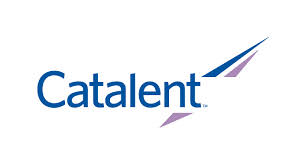
Pure MHC, LLC, a provider of MHC-based diagnostics and therapeutics, and Catalent Pharma Solutions, the global leader in drug development solutions and advanced delivery technologies for pharmaceutical, biologic and consumer health products, have announced the signing of a product development agreement.
Under the terms of the agreement, Catalent will develop a humanised version of Pure MHC’s proprietary RL21A antibody and engineer a cell line to express the antibody using Catalent’s GPEx technology. Catalent will subsequently produce purified monoclonal antibodies to support Pure MHC’s preclinical development in preparation for clinical trials with humanised RL21A for the treatment of cancer. GPEx technology is used to generate mammalian cells with high yields and stability, helping to speed drugs to clinic.
“We are confident that our partnership with Catalent will result in the development of the enhanced antibodies necessary to help get RL21A into the clinic more quickly,” said Thomas Harlan, CEO of Pure MHC. “Our ultimate goal for this technology is to one day provide cancer patients with a treatment option that is safer and more effective than those available today.”
“We are delighted to again demonstrate how GPEx technology, together with Catalent’s development and manufacturing expertise, can support development of novel therapies and enable companies such as Pure MHC to validate their unique target screening methodology,” said Jonathan Arnold, VP, General Manager of Catalent’s Advanced Delivery Technologies business.
Pure MHC has developed a suite of MHC/ligand targets that recognise cancerous cells in addition to producing monoclonal antibodies for these distinct MHC/ligand cancer targets. Antibodies such as RL21A distinguish primary cancers from healthy tissue and, in animal models, have been shown to arrest tumor development.
Related News
-
News Eli Lilly gets ready to launch five new drugs in 2023
Eli Lilly, the American pharmaceutical company (IN, USA) are gearing up for a big year ahead, with hopes to launch five new drugs and capitalise on growing obesity and Alzheimer’s disease markets. -
News Amgen buys Horizon for $27.8 billion in bold step into the rare disease market
Amgen Inc buys pharmaceutical company Horizon Therapeutics in a multibillion-dollar deal, in hopes to capitalise on it's portfolio of drugs in the highly sort after rare disease market. -
News Pharma Supply Chain People Moves
The latest appointments and promotions across the pharmaceutical supply chain. -
News Merck to donate new Ebola vaccine to defend against outbreaks in Uganda
Pharmaceutical giant Merck has announced they will be speeding up the processing of a new vaccine against the latest strain of the Ebola virus, to be donated to a global non-profit organisation for distribution -
News CPHI Podcast Series: Driving innovation with pharmaceutical startups
The latest episode in the CPHI Podcast Series explores how startups are driving innovation by taking high-risk approaches and doing business with greater agility. -
News Greener and efficient processes: Quaternary Ammonium Salts
Quaternary Ammonium Salts play a crucial part in Organic Chemistry processes at many major industries. Discover why.
-
News Biosimilars save patients $11B annually, but barriers to adoption remain in US market
Biosimilars introduce competition into the biologics market, driving down prices and increasing patient access. -
News WHO recommends use of two monoclonal antibody treatments against Ebola
The health body recommended use of treatments by Regeneron and Ridgeback Bio
Position your company at the heart of the global Pharma industry with a CPHI Online membership
-
Your products and solutions visible to thousands of visitors within the largest Pharma marketplace
-
Generate high-quality, engaged leads for your business, all year round
-
Promote your business as the industry’s thought-leader by hosting your reports, brochures and videos within your profile
-
Your company’s profile boosted at all participating CPHI events
-
An easy-to-use platform with a detailed dashboard showing your leads and performance

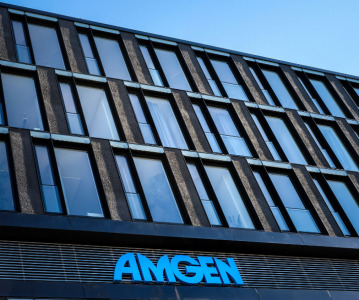

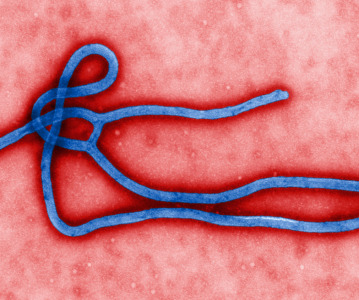
.png)
